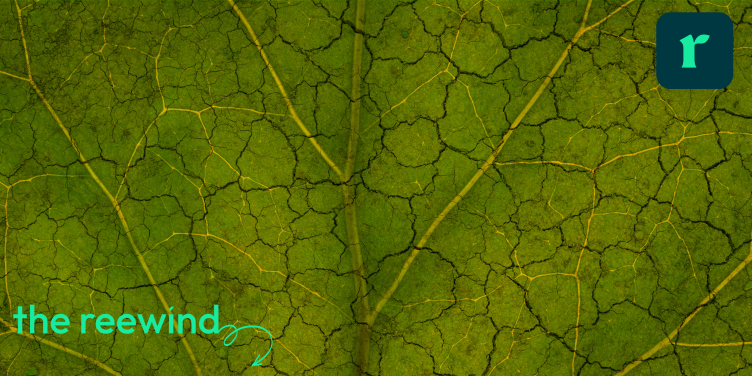
Our Top Stories
How to nudge consumers: Food Navigator reports on the intention-action gap among sustainable consumers. While half of consumers say they’re willing to pay a premium for sustainability, less than one in three say sustainable products made up more than half of their last purchase. The main strategies that are seemingly closing this gap are monetary incentives, and greater education. Sustainable food and drink products are often perceived to be more expensive than their conventional counterparts, so strategies that offer greener food and drink at a discount have proven to be effective. Additionally, front-of-pack eco-labelling is raising awareness of a product’s climate impact, and helping to simplify the complex sustainability space. [Food Navigator]
The decline of Amazon deforestation: Thred highlights Brazil’s new president Lula da Silva’s current successes with regards to tackling Brazil’s deforestation problem. In April, the rate of such activity was down 68% on the previous year. This positive outcome suggests that da Silva’s campaign to protect indigenous lands and prevent illegal mining is beginning to work, but critics have been quick to note that continued progress is needed in the coming months for such optimism to be justified. [Thred]

The scale of consumer food waste emissions: If food waste were a country, it would be the third biggest emitter of greenhouse gases, behind the US and China. Food Navigator sheds light on new findings that show consumers play a bigger role than previously thought, with well over a third of emissions from food wastage coming from food discarded by consumers. Almost half of the respondents to a recent study said they regularly bin leftovers from previous meals. To help rectify this end-of-supply-chain issue, researchers have said that education desperately needs to increase, and people must be fully aware of the environmental cost of their food products, from cradle to grave. [Food Navigator]
Brand Spotlight - Mars
Mars has begun trialling paper packaging for its chocolate bars in Tesco stores across the UK. The company is hoping to reach the ambition to turn 100% of its packaging into reusable, recyclable, or compostable. At the moment, only 22% of Mars product packaging is “practically” recyclable, due to material selection and infrastructure limitations. This is hopefully the first step of many to help create an entirely circular packaging network within the Mars ecosystem. [Edie]

Research Corner
Increased global droughts: Jordan Christian and his team have found further evidence that global flash droughts are expected to increase in a warming climate. The sharpest increase in the frequency of droughts was found under a scenario in which there was increased fossil fuel usage. The study emphasises the risk that agricultural producers will face, especially when it comes to crop water availability and soil degradation. [Nature]
Stat Attack
“Gen Zs and millennials are taking action on climate change, with seven in 10 respondents saying they actively try to minimise their impact on the environment. Financial concerns may put a damper on these efforts; more than half of respondents think it will become harder or impossible to pay more for sustainable products and services if the economic situation stays the same or worsens.”
Source: Deloitte
The Big Picture

About Reewild
The food and agriculture industry is at the heart of the climate crisis, generating around a third of man-made greenhouse emissions. And while the challenge of reducing its impact may seem beyond our grasp, it is one that we all have the power to tackle.
We believe that the solution lies in climate transparency. That’s why we’re equipping businesses with the means to evaluate and communicate the emissions of their products. This, in turn, means consumers are armed with credible, independent information, which can be used to make more sustainable choices.
We know that many people want to take climate action but lack the necessary tools and information to do so. We're confident that, armed with the right knowledge, everyone can and will do their bit to build a greener, more sustainable food system.
Join the Reewild app waiting list
https://reewild.com/coming_soon/
Follow us on social media
https://www.instagram.com/reewild.earth/
https://www.linkedin.com/company/reewild/

.png)


